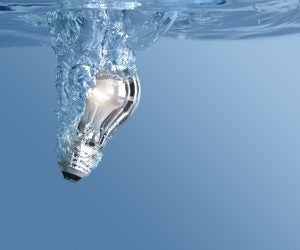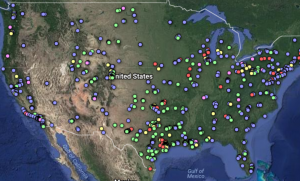 Can strategic pricing programs motivate people to save water and energy?
Can strategic pricing programs motivate people to save water and energy?
Our new paper, Examining conservation-oriented water pricing and programs through an energy lens, suggests the answer is yes – but there are other factors besides pricing at play in programs’ success.
Our findings support the notion that water is conserved through these utility programs, which aim to encourage people to use water wisely. Further, because of the inextricable link between energy and water, known as the energy-water nexus, energy demand and associated carbon emissions lower in tandem with water demand. In other words, programs that save water also save energy, as well as cut pollution.
However, there’s a gap when it comes to awareness of water use and prices in the U.S. (I, for one, have no sense of how much water my roommate and I collectively use, or its cost since water is included in our fixed monthly rent.) The paper concludes that in order to get the most energy savings through water pricing and programs, utilities need to do more to educate customers and promote water conservation: When consumers are aware not only of their rates, but also of their own use, they are empowered to make water-efficient choices. Moreover, the U.S. needs a national standard for collecting and reporting water data, and data needs to be made public for analysis. Read More »














